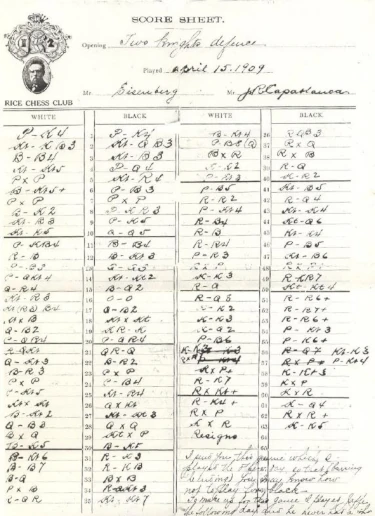
What is the chess tournament point system?
The chess tournament point system is a method used to determine the winner of a chess tournament. It is a system that assigns points to players based on their performance in a tournament, and the player with the most points at the end of the tournament is declared the winner.
First Chess Tournament in 1851
The history of the chess tournament point system can be traced back to the 19th century when chess tournaments began to become more organized. The first known chess tournament was held in London in 1851, and it was organized by Howard Staunton, one of the leading chess players of the time. The tournament was played using a round-robin format, where each player played against every other player in the tournament. However, this method of determining the winner had some drawbacks, as it did not take into account the results of the games.
London Tournament of 1883
To address this, the chess tournament point system was developed. The first tournament to use this system was the London tournament of 1883. In this system, players were awarded one point for a win, half a point for a draw, and zero points for a loss. This system was widely adopted and is still in use today.
Advantages of the chess tournament point system
-
The chess tournament point system has several advantages over other methods of determining the winner of a chess tournament. It is a fair and objective way of determining the winner, as it takes into account not only the number of wins, but also the number of draws and losses. This means that a player who has more wins but also more losses is not necessarily the winner, as a player who has more draws and fewer losses can still end up with more points.
-
It encourages players to play for a win, rather than to avoid a loss. This is because a win earns a player one point, while a loss earns a player zero points. This means that players are more likely to take risks and play aggressively in order to try to win the game.
-
The chess tournament point system is flexible and can be used in a variety of tournament formats, including round-robin, Swiss system, and elimination tournaments. This flexibility means that the system can be adapted to suit the needs of different tournaments and different types of players.